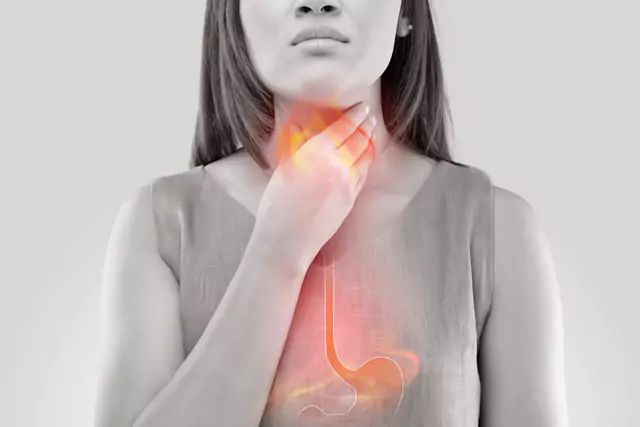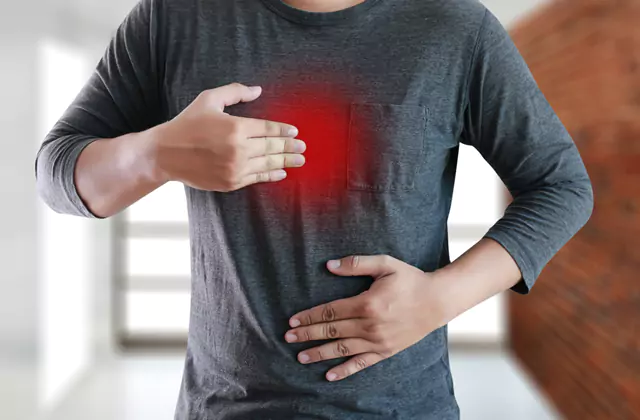
PATIENTS
Gastric Reflux


Gastroesophageal reflux disease, or GERD, is a condition where stomach acid frequently flows back into the esophagus, the tube that connects your mouth to your stomach. This happens when the valve at the bottom of your esophagus doesn’t close properly. If you experience reflux symptoms—like heartburn—more than twice a week, you may be dealing with GERD.
GERD is quite common, affecting nearly 20% of adults in the United States. It’s important to manage it because, if left untreated, it can lead to serious issues like changes in the esophagus or Barrett’s esophagus, a condition that can increase cancer risk.
Several factors can contribute to GERD. These may include:
- Diet
- Genetics
- Age
- Injuries
GERD symptoms vary, and some people experience them differently:
- Mild Symptoms: Occasional heartburn.
- Moderate to Severe Symptoms: Frequent heartburn, chest pain, sore throat, coughing, hoarseness, or even asthma symptoms.
Treatment options for GERD depend on how severe your symptoms are:
Lifestyle Changes: For mild symptoms, adjusting your diet and eating habits may provide relief.
Experiencing heartburn or reflux occasionally is normal, but if it’s happening more than twice a week, don’t ignore it. Talk to your healthcare provider about your symptoms and explore potential treatments that can help improve your quality of life. Early intervention can prevent complications and lead to more efficient management of GERD.


